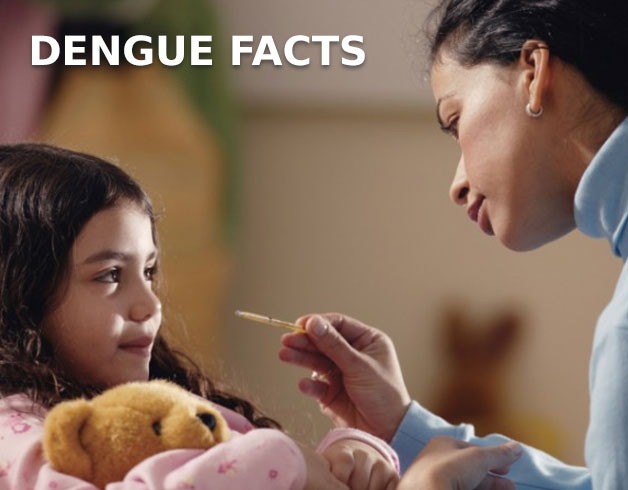



Dengue fever is a mosquito-borne disease that is rearing its ugly head in many regions throughout the world in the last few years, especially in those with a high mosquito density. It is also known as "breakbone fever" as it is characterized by intense pain in bones and joints.

Though it can be managed with symptomatic treatment, it has no specific cure. As it is one of the many mosquito-borne diseases rampant in India and other mosquito-dense regions in the world with a common list of symptoms, it is important to accurately diagnose the disease early on so that timely treatment can be rendered to minimize the complications.
Dengue Fever Diagnosis:
As a layman, you need to be aware about the symptoms of dengue fever so that once you start experiencing the first few symptoms such as high temperature and rash, you can rush to the doctor.
Diagnosis of dengue fever is done by a medical or healthcare professional, who could be a general physician or an infectious disease specialist. Diagnosis involves investigating the patient about being bitten by mosquitoes while being at home or visiting an endemic area. The doctor will primarily look for signs of rashes which appear as skin bruising at various body sites. He will enquire you about joint and muscle pain and high body temperature that does not fall in a day or two.
All these investigations fall under "Presumptive Diagnosis", which suspect the presence of dengue fever but do not confirm it yet. Diagnosing dengue fever is not a simple procedure as the symptoms of dengue overlap with those of malaria, typhoid fever, and leptospirosis.
Definitive or confirmatory diagnosis includes laboratory tests that indicate the presence of dengue virus in blood. Your healthcare professional will recommend you to undergo the required lab test to confirm the condition of dengue fever before starting the treatment.
Dengue Fever Treatment:
Unlike malaria, there is no specific treatment for dengue fever. But, the symptoms can be effectively managed, and so the disease is rarely fatal.